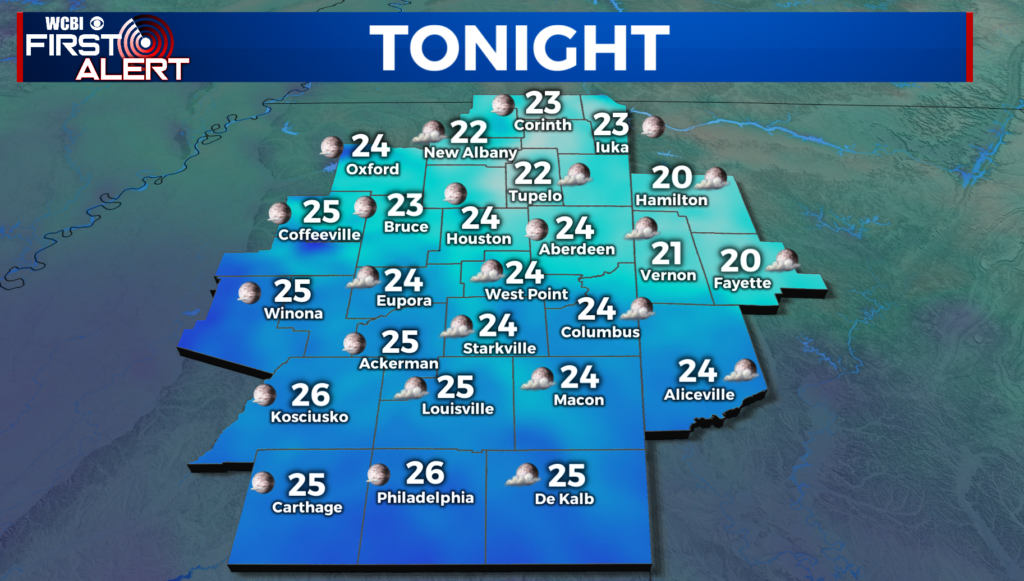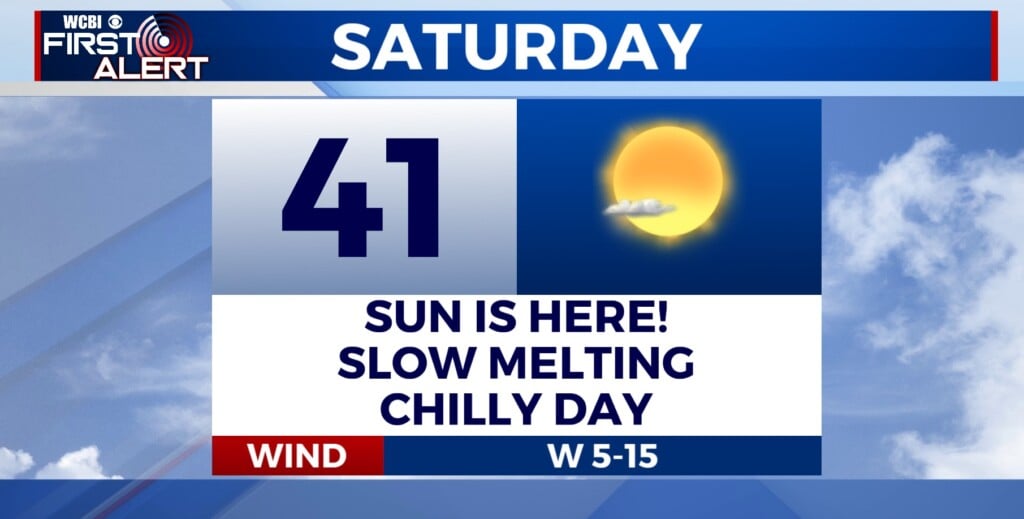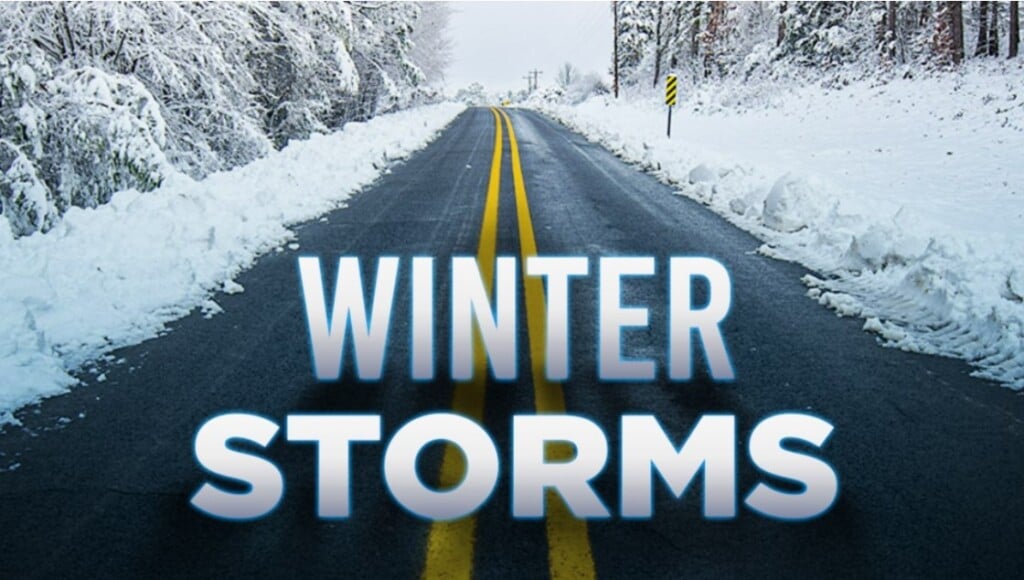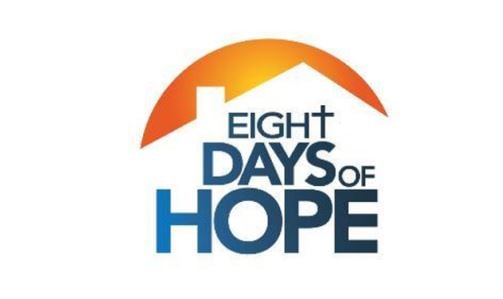DISASTER DECISIONS: Adapting to FEMA guidelines
MISSISSIPPI (WCBI)- It’s no secret that every dollar is being stretched when it comes to rebuilding. Mississippi right now leads the nation when it comes to the number of tornadoes this year.
The number of disasters puts a pinch on the pockets of state and local leaders.
Our state is no stranger to seeing natural disasters. The number of disasters and major disasters like Hurricane Katrina, forces FEMA to be more particular when it comes to giving out federal funding.
It was only five years ago when the city of Louisville was darkened with its worst nightmare.
“We lost our hospital, we lost 350 homes. It was a day of tremendous loss,” said Winston County EMA Director Buddy King.
But it didn’t take long for FEMA to step in. Winston County was declared a disaster area within 72 hours after the tornado.
“It would only take one glance on the ground to see that the damage was significant enough that we were going to need FEMA assistance in order to recover,” said King.
FEMA guidelines often change when we see large disasters like Hurricane Harvey destroying a city of millions. FEMA is forced to be more resourceful with funds.
“As we see reductions in that, that’s going to place the burden back on local budgets, back on state budgets,” said King.
Only five months into 2019, Mississippi already leads the U.S. with the highest number
of tornadoes. Damage that’s not as catastrophic, but it’s widespread through many counties.
“It’s unprecedented. We go back, we had really bad storms, but the number of storms we had. So that changes the way FEMA is having to look at criteria,” said MEMA Executive Dir. Greg Michel.
The National Weather Service confirms 75 tornadoes in our state, so far this year. In just one day the state beat its yearly average number of tornadoes with 44 confirmed during the April 18th outbreak. With severe weather season still active and hurricane season around the corner, state and local leaders are planning ahead.
“We have to be very resourceful in identifying resources that we can provide or either point counties and municipalities in the direction of,” said Michel.
Debris removal and housing are the biggest issues Mississippi face. In Columbus, a lot homes damaged were rental properties. Long term housing isn’t something that’s readily available.
“We have a Mississippi disaster grant housing program where we can help counties for short term getting housing,” said Michel.
Again, the problem is the lack of money that may be available. Since Mother Nature doesn’t stop throwing punches, neither do our leaders.
“We have to fight for every dollar that we can get for disaster grant assistance,” said Michel.
Individual assistance so far has been denied but MEMA is working on gathering more information and numbers to turn over to FEMA to appeal that decision.
Coming up Friday we take a look at volunteers and their work on the ground.





Leave a Reply